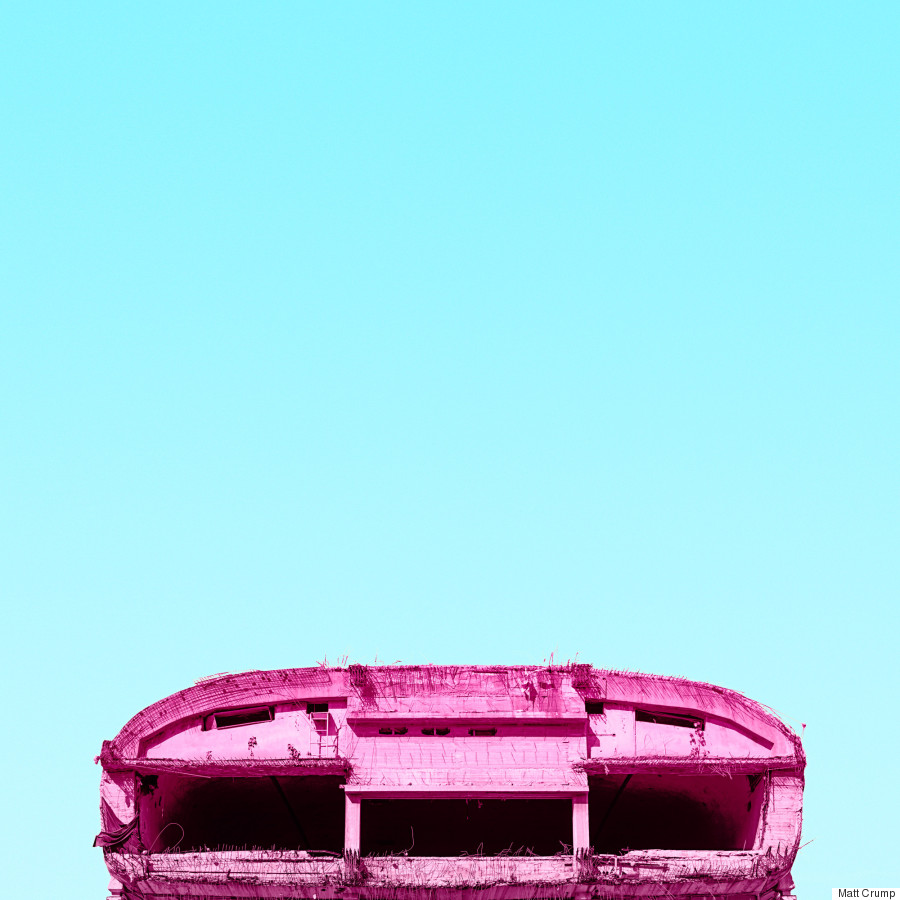(BEIRUT, LEBANON) — Golden brown bread, green za’atar, bright red tomatoes, sweet cheese, drizzling syrup, hot tea.
There’s nothing more beautiful than the medley of colors that charmingly form the Art of a Lebanese Breakfast (yes, it’s in capital letters).
You know you had a Lebanese breakfast when:
1. Your breath is overwhelming. It’s hard to explain to your white friends why your breath smells so bad even after you’ve brushed your teeth and chewed gum all day.
2. There’s something in your teeth. Nothing better than Za’atar stuck in your teeth before a meeting. No worries — according to Mom, za’atar makes you smarter.
3. You need a nap. At this point, the meeting’s over and you’ve almost killed your co-workers with your revolting breath. But you’re about dead, too. It’s time for a post-breakfast nap.
4. You eat beans for breakfast. But really, this left over foul mudammas is a lot tastier and healthier than your canned corn.
5. You’re late for work. Sorry boss, but you try washing 10,452 dishes of labne, jibneh, zaytoon, khyar, banadoora, etc. Keep eating your Cap’n Crunch.
6. You’re willing to take a day off work. Why go to work when you can have an amazing sobhiye for literally three straight hours of nonstop eating?
7. Sunday mornings are heaven on earth. There’s nothing more beautiful than that medley of color that lines your kitchen table on a Sunday morning.
8. A rushed breakfast is not really rushed. For everyone else in society, a rushed breakfast means you grabbed a quick granola bar. For us, we baked a man’oushe.
9. You pretend to be healthy. Lebanese breakfasts are so healthy that the several pounds of baked dough and sweet debes mixed with tahini somehow never adds weight.
10. You share more pictures of your food than of yourself. Your Snapchat Stories, Instagram photos, and Twitter feed are full of breathtaking shots of your Lebanese breakfast.
Keep the art of a Lebanese breakfast alive. Share your photos using #LebaneseBreakfast.




















